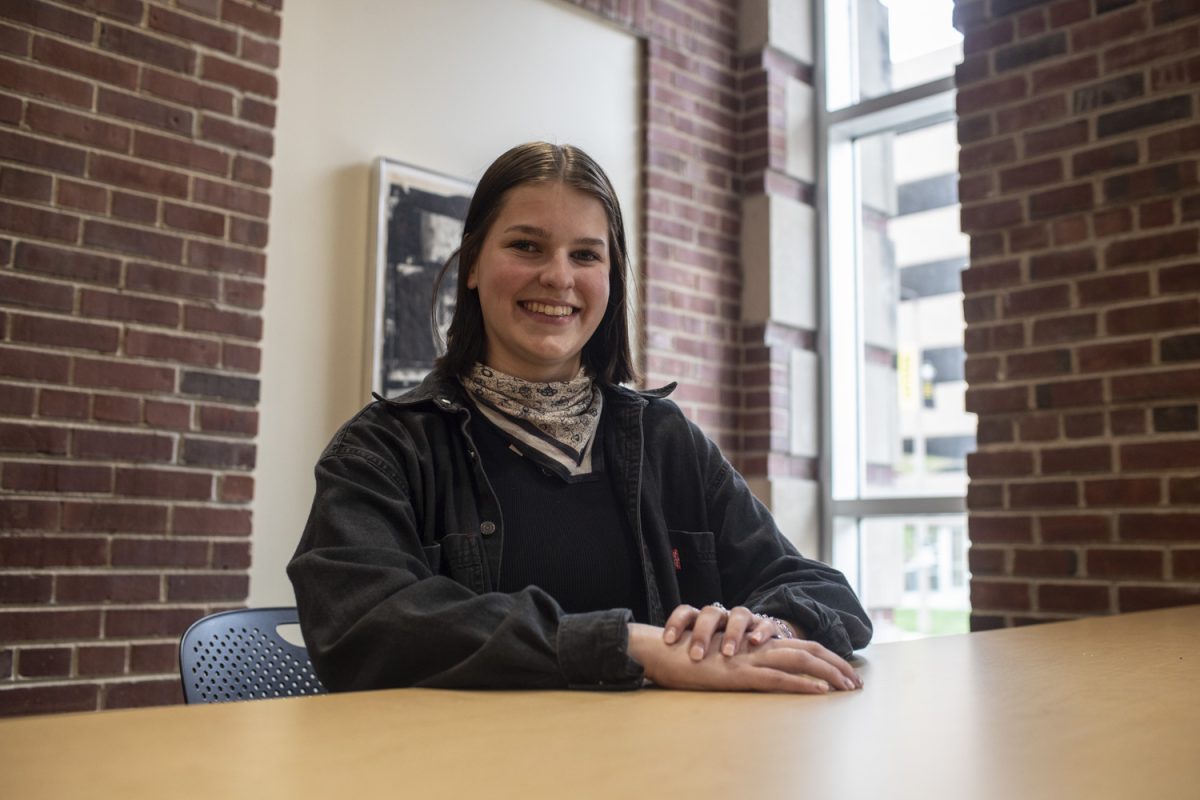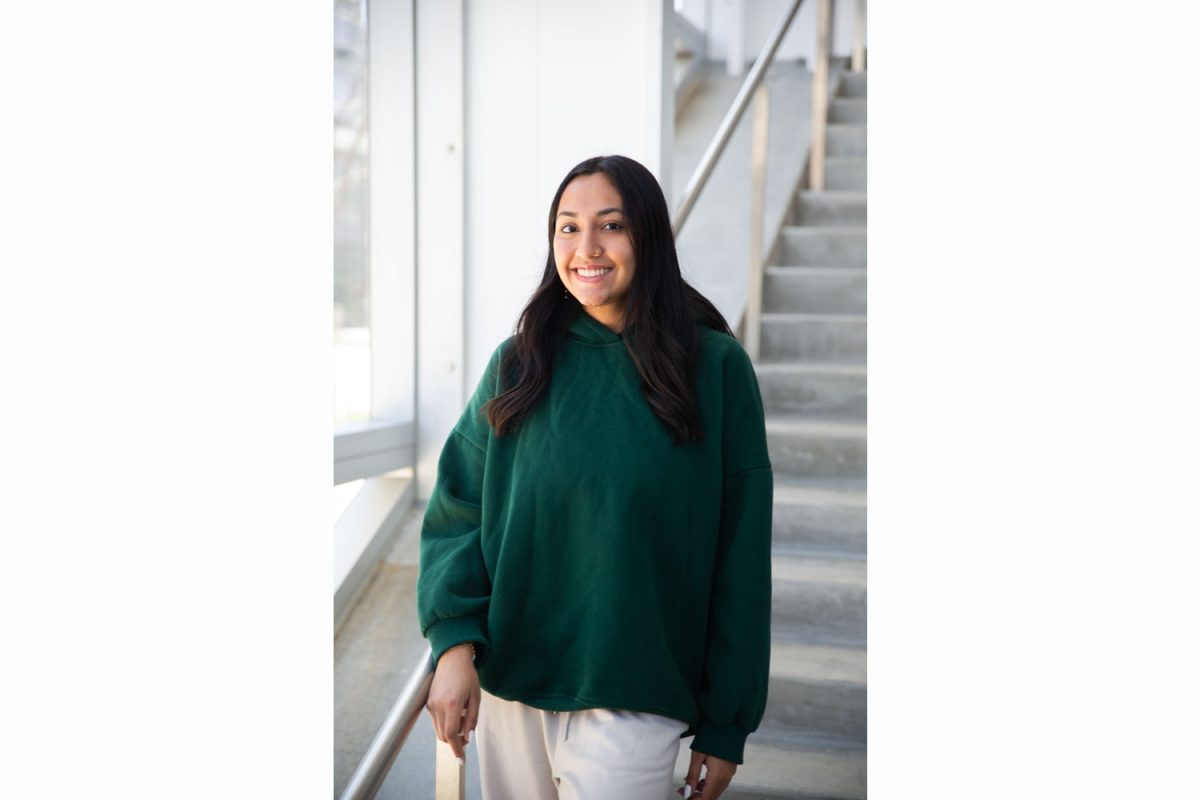For some of the 36 writers participating this fall in the International Writing Program, one of the most perplexing parts of the program is underway. That is, the time-consuming task of translating their writing into English.
Since the early ’60s, the UI has been at the forefront of literary translation — the first classes in the United States began here.
“The UI has been at the leading edge with translation studies,” said IWP Director Christopher Merrill. “It’s part of the whole internationalization of the UI.”
A panel discussion, which is followed by a mandatory workshop, will be held at noon Friday at the Iowa City Public Library Meeting Room A, 123 S. Linn St. The event is free and open to the public.
At the panel discussion, writers Lijia Zhang from China, Welsh poet and songwriter Fflur Dafydd, Vicente Garcia Groyon of the Philippines, and Soheil Najm of Iraq will discuss the difficulties and necessities of translating language to another.
The International Translation Workshop, which meets every Friday for 10 weeks in the fall, is housed at the Shambaugh House. The class is for the 15 to 20 writers who wish to translate their work into English.
At first, workshop participants are required to write a rough translation of their work in English. After receiving suggestions and critiques, they are paired with two or three graduate students from the Iowa Writers’ Workshop, the Nonfiction Writing Program, and the Translation Studies Program to help them translate their art.
“There are questions of literature, politics, and cultures,” Merrill said. He is always amazed by some of the topics that come into discussion in the class and in past panels, he said.
Some of the writers participating in the panel are well-versed in English but continue to stress the trials of translation. Author and journalist Zhang said she will talk about the challenges and charm of writing in English for a Chinese writer but also said the panel is not strictly about translation. It’s also about writing between the languages.
“I feel that writing in English allows me to play up to my advantage,” she wrote in an e-mail. “I belong to a growing yet small number of Chinese who have the insight into a culture that remains largely unknown in the world yet able to communicate with those on the other side.”
Dafydd recently adapted her novel Twenty Thousand Saints into English.
Dafydd, who writes in both English and Welsh, said she encountered revelations during the process of translating her novel. Going from the poetic language of Welsh to the darker, funnier, and more technical English, she said, her book transformed.
“The main thing was changing the plot — what had been a rather abstract, fragmentary narrative in Welsh became a tightly constructed thriller plot in English,” she wrote in an e-mail.
Dafydd views translating as essential in order to give her text more expression in English. In her experience, that expression has highlighted a sociopolitical context that accentuates the dichotomy of her bilingual writing.
“For me, translation is essentially a creative process and a deeply political one — and people have remarked that I am a different kind of writer in both languages,” she wrote.






